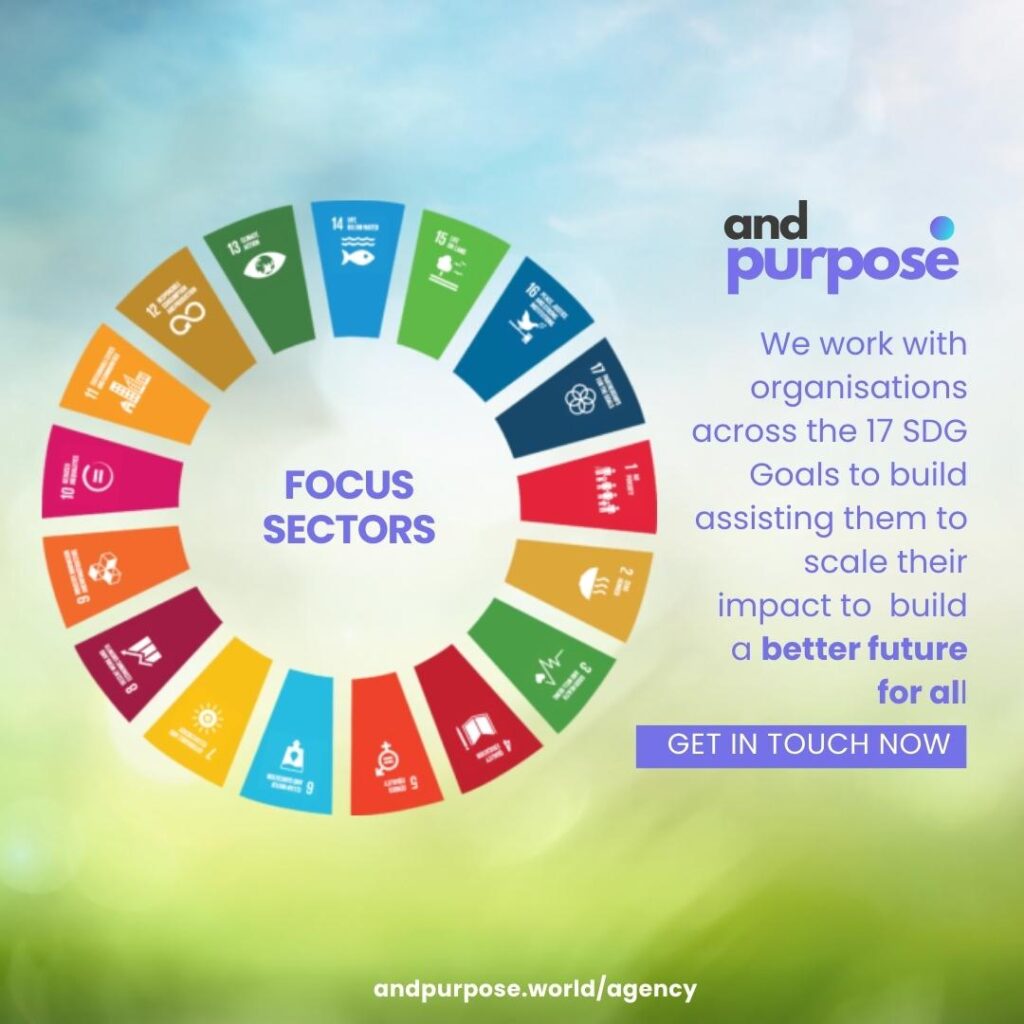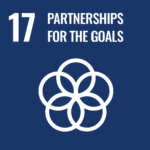
Application Deadline:
18 December 2025
About Organisation
The World Wildlife Fund (WWF) is a global conservation organization operating in over 100 countries with a mission to protect the planet’s natural resources and biodiversity. Established as one of the world’s leading environmental NGOs, WWF focuses on safeguarding endangered species, combating climate change, promoting sustainable use of resources, and supporting local communities in conservation efforts. Through partnerships, science-driven research, and policy advocacy, WWF plays a crucial role in shaping global environmental action.
The Russell E. Train Education for Nature Program (EFN) is one of WWF’s flagship initiatives. Named after the former president of WWF-US, this program invests in education and leadership development to empower individuals committed to conservation. It helps build local capacity by providing grants and fellowships to students, researchers, and professionals in priority regions where biodiversity is at risk. By fostering a network of skilled conservationists, WWF aims to ensure that future leaders are equipped to tackle environmental challenges using scientific knowledge, innovation, and sustainable practices. The EFN program has already supported thousands of conservation projects across Asia, Africa, Latin America, and the Pacific, contributing to global efforts for ecological restoration and climate resilience.
About the Grant
The Russell E. Train University Faculty Fellowship, offered through WWF’s Education for Nature Program, provides critical funding for PhD-level education aimed at advancing conservation science and leadership in priority regions. The program is designed to build academic capacity by supporting faculty members—both current and aspiring—who are committed to staying in academia post-graduation to conduct regionally relevant research and deliver quality education.
The fellowship offers funding of up to $30,000 per year for a maximum of three years, depending on the candidate’s academic program and financial needs. The goal is to develop a highly trained pool of conservation professionals capable of contributing to long-term environmental research, education, and community leadership. Priority is given to candidates from select countries in Asia, Africa, Latin America, and the Pacific who demonstrate a strong commitment to conservation, an intention to remain in academia, and alignment with WWF’s strategic objectives.
Through this program, WWF aims to strengthen local institutions’ ability to foster scientific inquiry, inspire future conservation leaders, and develop solutions for critical biodiversity challenges. The fellowship’s broader aim is to create sustainable, science-based leadership that advances global conservation efforts in vulnerable regions.
Who can Apply?
This fellowship is open to female applicants from select countries in WWF’s priority regions across Asia, Africa, Latin America, and the Caribbean. Eligible applicants must either be enrolled in a PhD program or planning to enroll in one, with options to pursue their studies locally, regionally, or internationally. The program particularly supports individuals committed to advancing conservation research and education in their home countries and contributing long-term to academia.
Eligible countries include:
Latin America & the Caribbean: Belize, Bolivia, Brazil, Chile, Colombia, Ecuador, French Guiana, Guatemala, Guyana, Honduras, Paraguay, Peru, Suriname.
Africa: Cameroon, Central African Republic, Democratic Republic of Congo, Gabon, Mozambique, Namibia, Republic of Congo, Tanzania, Uganda, Zambia.
Asia: Bhutan, Cambodia, Indonesia, Laos, Malaysia, Myanmar, Nepal, Vietnam.
Pacific: Fiji.
Candidates must demonstrate academic excellence, preferably with above-average credentials such as 75% or higher or a GPA above 3.0 out of 4.0. Priority will be given to applicants who clearly show their commitment to conservation, have a detailed academic and research plan, and are aligned with WWF’s strategic goals. The fellowship encourages applications from individuals seeking to create lasting impact in academia and environmental leadership.
How to Apply?
Interested applicants must submit an online application including a CV, a passport or national ID, an acceptance letter from an accredited university, tuition fee confirmation, and reference letters. The primary reference is mandatory, while a second one is preferred. Applicants should ensure that their academic program is related to conservation and aligned with WWF’s mission. The final submission deadline is December 18, 2025.
Application Deadline
Applications must be completed and submitted online by December 18, 2025, at 11:59 PM (U.S. Eastern Time). Late or incomplete submissions will not be considered for review.
Last Date To Apply
For more information, visit grant website here








